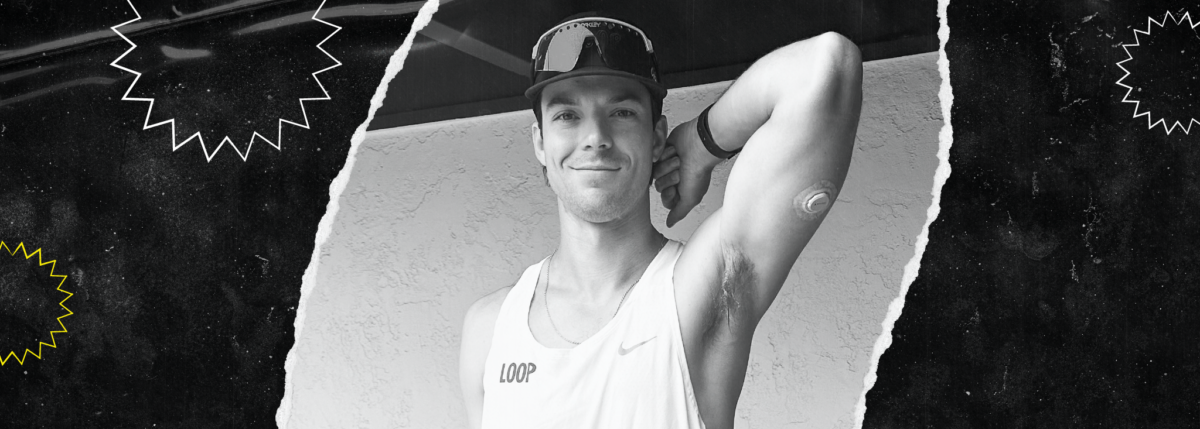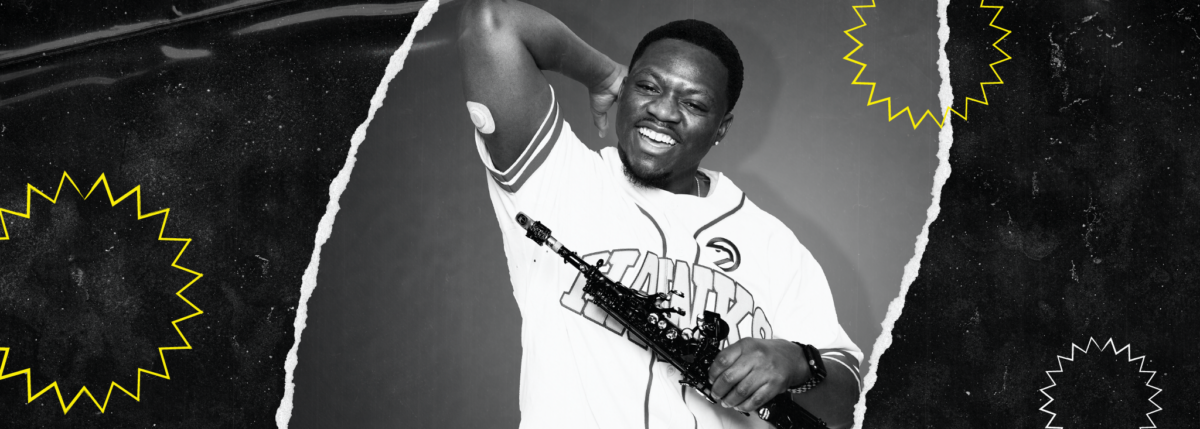Life with Two Type 1 Daughters—A Dad’s Perspective
Written by: Michelle Boise
4 minute read
February 23, 2016
“I sent the email to you by accident,” says Devin. “I typed it five or six times and kept deleting it.”
“Why didn’t you want to send it?” I ask. For a moment, I think maybe he’s changed his mind, that he doesn’t want to talk after all.
“I don’t know.” He sighs and is quiet on the line. “I was on my 2 a.m. shift for the girls. My wife takes the 5 a.m.” I try to imagine having a care shift like this in the early hours of the morning; I see the blue light of a television flickering or the white glow of a laptop in the dark.
“I don’t want to have a pity party,” he says.
“I understand.” I imagine him reading our request for stories from parents of children with type 1. In his case, he has two. When he asks if I have children, I say, “no,” and worry that I can’t possibly understand, not really. I also do not have type 1.
He tells me that his eldest daughter likes to refer to people like us as “normals.” This is a kind of joke between them. He tells me about their trip to Children’s Hospital and how the nurses reassured them that Nick Jonas has type 1 after his first daughter was diagnosed at age 9. It is the same daughter, aged 15 now, who found us online through Instagram.
“I don’t feel bad for my wife and myself; I feel bad for my daughters because their childhoods ended around 8 or 9,” Devin says. (His second daughter was diagnosed this past August.) “Although their lives will never be the same, it’s not necessarily for the worst. I think that’s why I deleted it,” he says, “because I thought it was too negative.
“At night I sit up and read stories on your website. I like how they always end on a positive note, like ‘look what they’re doing now.’ Sometimes communities online can be really negative. I like that Beyond Type 1 isn’t.”
“Thank you,” I say. “I mean, I’m glad you enjoy them.”
“People say, what are the odds? And I say, they actually weren’t as long as you’d think. My grandfather had type 1 and my wife has an aunt who has type 1.”
“Did you ever get your second daughter tested through Trial Net?” I wonder if it’s too invasive of me to ask, but he doesn’t seem to mind.
“No,” he says. “What would have been the point of knowing? Can you stop it? No. So, what’s the point?”
“That’s true.”
“Every time my youngest went along to my eldest daughter’s appointments, we were asked if she wanted to get tested and it was a big debate, but we figured we would know the signs if she had it and knowing ahead of time seemed like it’d make life more miserable, more stressful.”
“That makes sense,” I say.
“If we’d known, I don’t think we would have told them anyway,” he says. “Ignorance is bliss.”
How many markers were there? Four? He tells me his youngest ended up having three of the four markers.
“Once I wrote it, I felt better though,” he says, referring to the email.
“I’m glad you sent it,” I say and mean it.
“Cheap therapy session, I guess.” He laughs.
I ask him what a typical day of care looks like and he tells me about their routine, what kind of schedule they try to keep.
“After you have your first child, you think you know everything. Then you have your second and you realize it’s completely different. It’s the same with diabetes. Our first daughter’s management was easy because she’s pretty methodical, but our second one is more adventurous and a free spirit, so managing those differences is a little more difficult. My oldest is old-school and prefers just to give herself insulin shots, whereas my youngest has a friend in school who has type 1 and has a pump, so she wants a pump instead.
“A couple months ago we found out our youngest has celiac disease as well, so we’ve cut out gluten from our diets. I felt like, ‘Seriously, how much more can we do?’ Then there was no flour in the house, no gluten, and I was like, ‘We’re doing okay.’ In some ways, it made it easier for us to deal with the second diagnosis.”
“How so?”
“When Claire was diagnosed it was emotionally draining because we knew what laid ahead. In the first diagnosis, you learn it’s not your fault—we thought at first that we were terrible parents. Once we got through that, it was all about carbs. But then she had celiac, and it was something else to obsess about. The celiac gave us something new to focus on apart from the sadness of it. The toughest part was knowing that they had to grow up faster. We didn’t realize that our hopes and dreams were put on the second child. That was the child that could do what she wanted. It was the care-free one. We didn’t realize it but that had been our thinking.”
“What would you say to parents who are facing a new diagnosis?”
“It’s so overwhelming and the learning curve is steep. Many people like support groups and you’ll get a lot of emails or Facebook messages from people who know someone with it, and ask if you want to talk to them. We had a lot of people do that and we didn’t feel like talking to others the first time. I encourage taking people up on that though.
“We have an unofficial support group like the friend from school who has it. If I say her A1C is this, you don’t have to explain everything. It’s a small relief; sometimes you don’t have the energy to explain it. It’s good to have people around you to talk to who understand.
“If you don’t have a type 1 child, you don’t get it. You tend to get isolated a bit from normal everyday things. You can’t just go out for drinks with co-workers after work. With two, it’s twice the management.
“We have a whole section of the fridge for insulin. That’s the hardest thing, keeping track of refills. Even the pharmacy sometimes doesn’t keep it straight! They think they refilled it, but it was for the other child. When we had to give insulin from our eldest to our youngest, our eldest got really upset. It was as if it triggered something in her. I worry that it feels like a shared identity now.
“The second thing, we kind of forgot about our first child. About a month ago, a friend asked our oldest which was more difficult: dealing with her diabetes or her seeing her sister deal with it? Without hesitation, she said watching her sister go through it. That was like a punch to the gut for me. I realized then that in all the chaos that comes with a new diagnosis our oldest had unintentionally gotten lost in the shuffle. We felt terrible. It was a reality check that we’d dropped the ball.”
“Has your eldest helped your youngest in her diabetes management?”
“She’s been amazing; she’s very encouraging when she does her own shots. The big thing for my youngest is that there’s no surprise. For as long as she can remember, her sissy has had it. A month in she was doing her own shots. It’s brought them even closer together even though they’re seven years apart.”
“How do you suggest preventing diabetes-care burnout?”
“We don’t have time to go to a support group, but hearing others’ stories help and reading stories with a positive outlook. I encourage other parents to reach out, find your own version of a support group whether that’s meeting face-to-face or online.”
“I’m glad you reached out to us.”
“Me too.”
I ask what Seattle is like because my brother is thinking of moving there. He tells me it’s beautiful and green and that it rains a lot but it’s worth it for the summers.

Author
Michelle Boise
Michelle believes that a single story has the ability to reshape the world and change your life. With an MFA in writing from the University of San Francisco, she’s a writer, editor and content guru, having worked on both literary magazines and e-commerce platforms. Before joining the Beyond Type 1 team, she developed health-conscious articles for Fitbit. When she's not writing, you can find her tap dancing in the house with her little white dog.
Related Resources
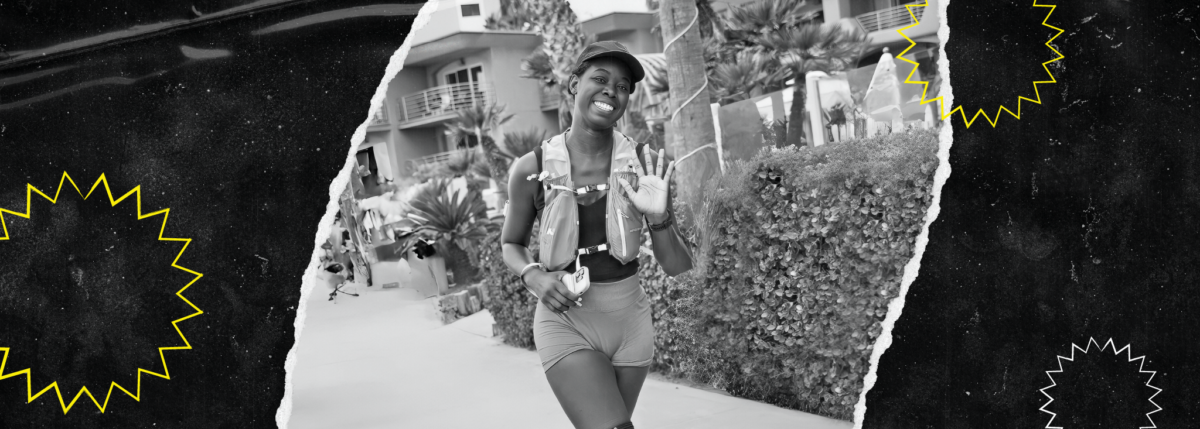
Danica Collins not only prepared for one of the most challenging physical events of her...
Read more
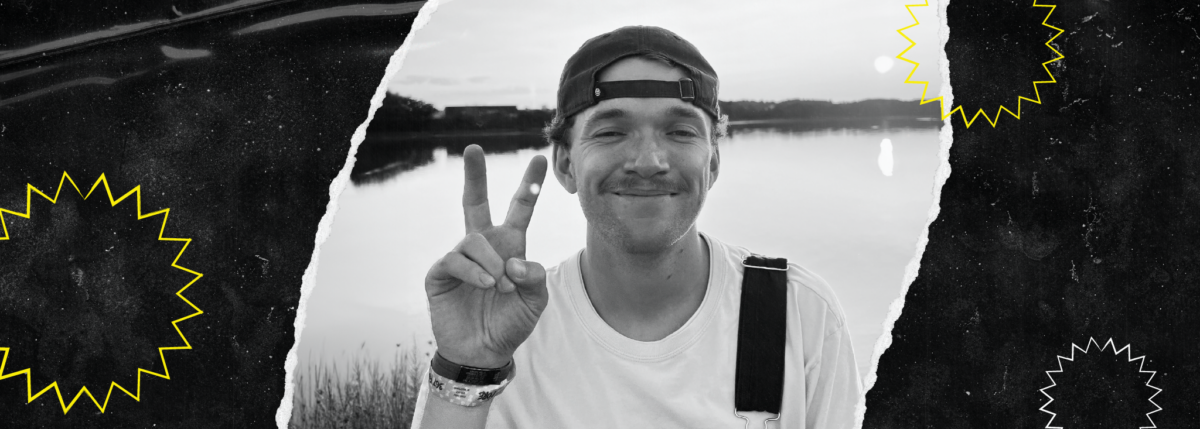
Beyond Type 1 is spotlighting inspiring athletes with type 1 diabetes as they prepare for...
Read more
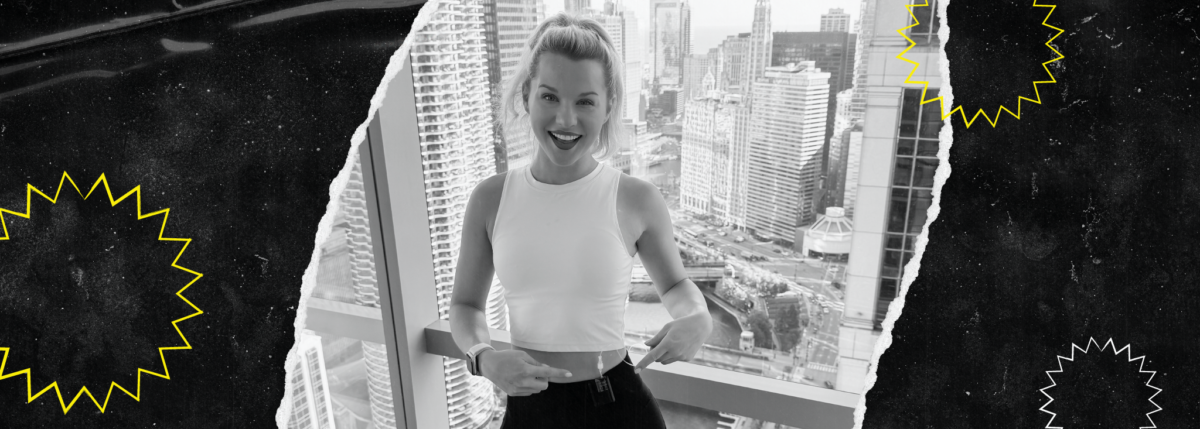
On November 3, 2024, Taylor Rindfleisch of Chicago laced up her running shoes for the...
Read more
